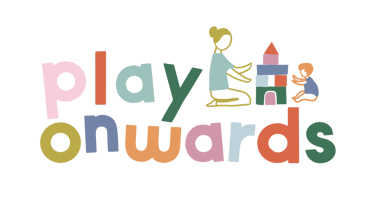helping parents play with purpose
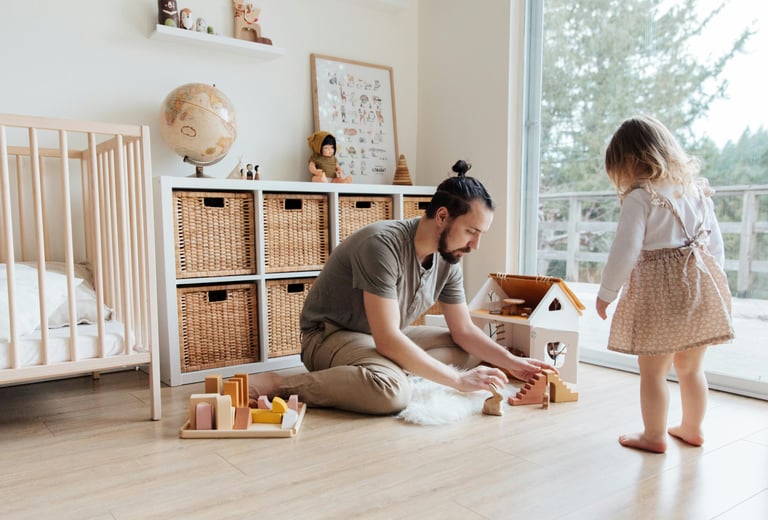

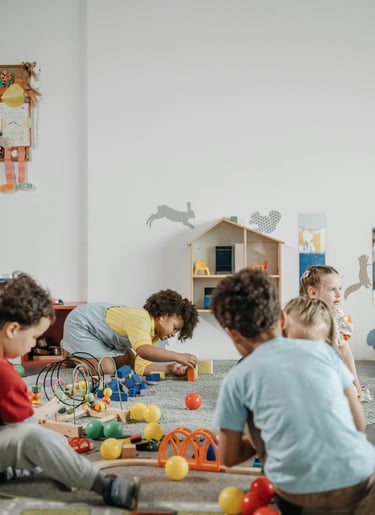

why Play Onwards?
expert guidance for playtime that supports your child's development
Play Onwards is for you if:
you have concerns about your child's development
you are on a waiting list for therapy but want strategies you can start using today
you consider your child a "late talker"
you want to build your playtime confidence, creativity, or break out of a "toy rut"
you struggle with meltdowns at home
your child's pediatrician recommended a "wait and see" approach but you want to support them now
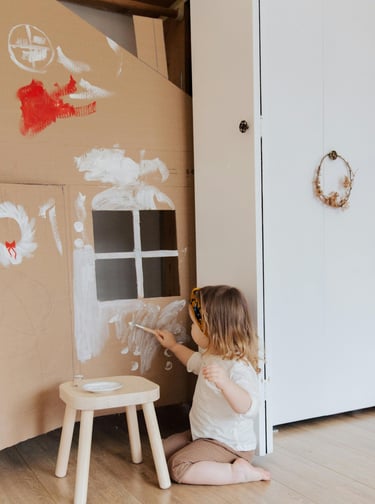

Personalized in-home consultations
Support and resources for navigating potential delays


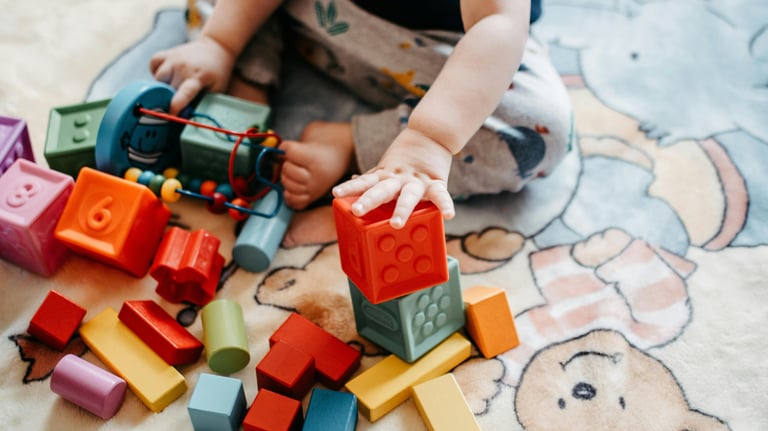

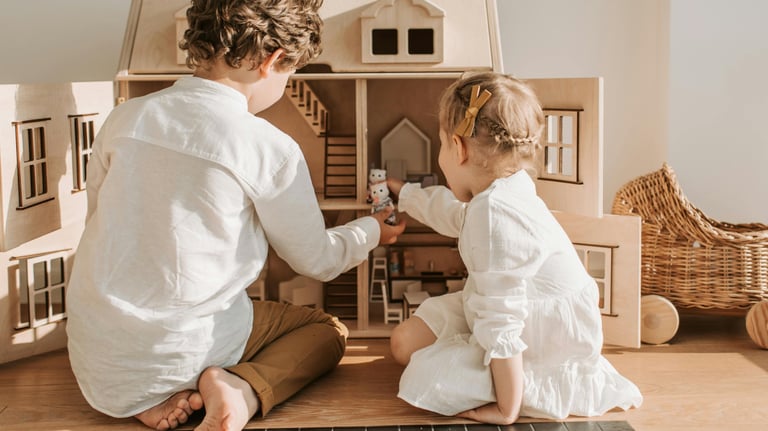

Strategies for more intentional play
what we offer
Why Play?
Play is critical for children's cognitive, physical, social, emotional, and language development. Play is a child's work! As a play-based speech-language pathologist, I see first-hand how much growth can happen in play. My goal is to help all parents and caregivers create an environment that facilitates joyful and enriching play.
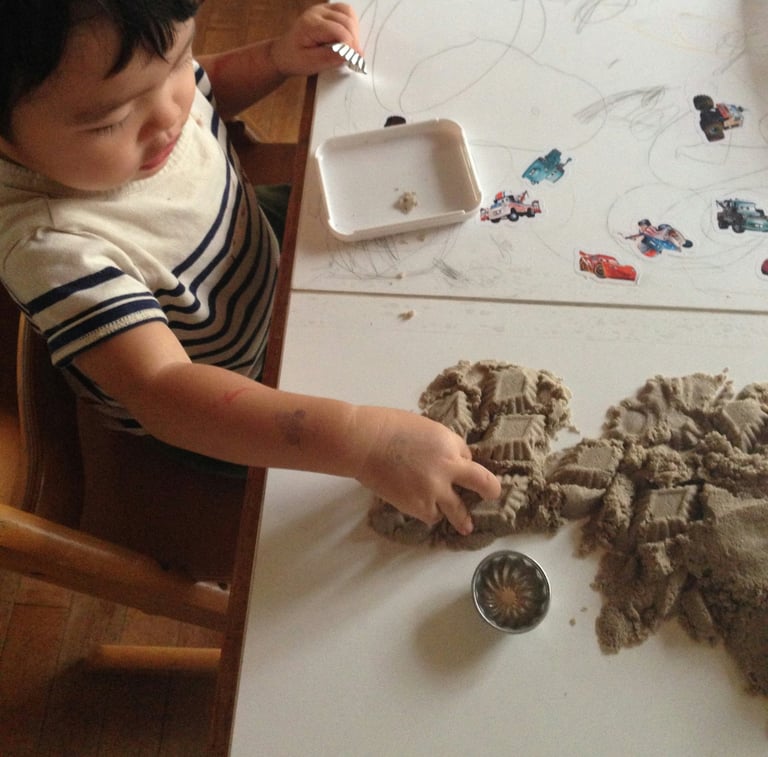

"The benefits of play are extensive and well documented and include improvements in executive functioning, language, early math skills (numerosity and spatial concepts), social development, peer relations, physical development and health, and enhanced sense of agency"
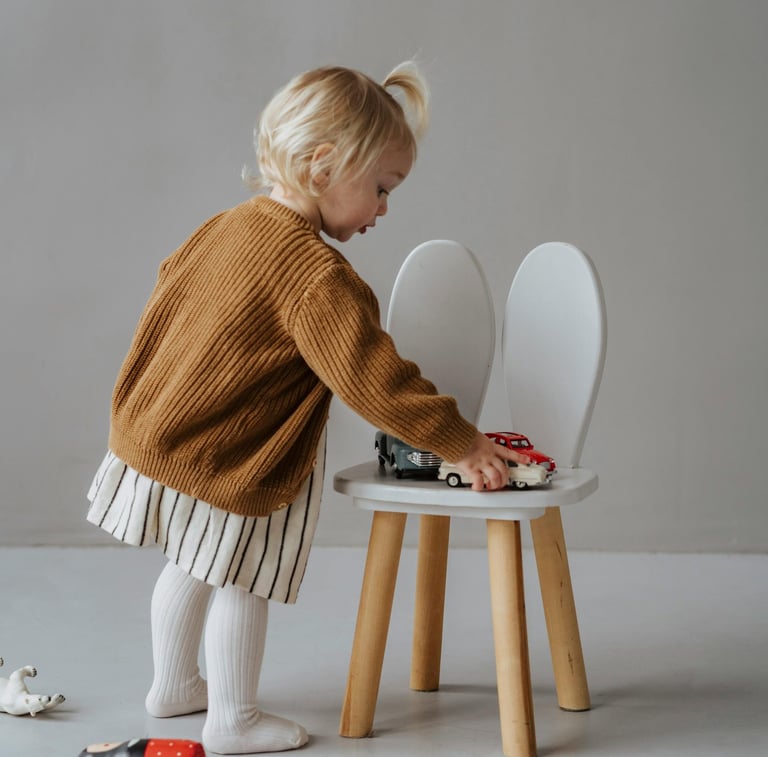

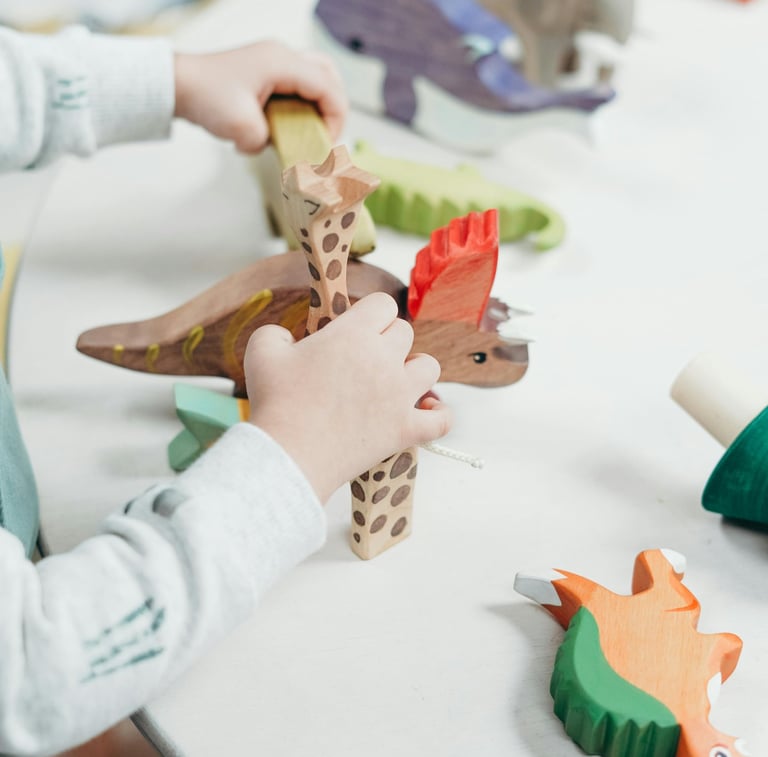

Yogman, M., Garner, A., Hutchinson, J., Hirsh-Pasek, K., Golinkoff, R. M., Baum, R., Gambon, T., Lavin, A., Mattson, G., Wissow, L., Hill, D. L., Ameenuddin, N., Chassiakos, Y. R., Cross, C., Boyd, R., Mendelson, R., Moreno, M. A., Radesky, J., Swanson, W. S., Hutchinson, J., & Smith, J. (2018). The power of play: A pediatric role in enhancing development in young children. Pediatrics, 142(3), e20182058. https://doi.org/10.1542/peds.2018-2058
Weisberg, D. S., Zosh, J. M., Hirsh-Pasek, K., & Golinkoff, R. M. (2013). Talking it up: The role of play in early childhood development. American Journal of Play, 6(1), 39–54.
Przybylski, A. K. (2014). Electronic gaming and psychosocial adjustment. Pediatrics, 134(3), e716-e722.
"Play provides children with the opportunity to maximize their attention spans, learn to get along with peers, cultivate their creativity, work through their emotions, and gain the academic skills that are the foundation for later learning."
Play aids learning
"Play not only provides opportunities for fostering children’s curiosity, self-regulation skills, language development, and imagination but also promotes the dyadic reciprocal interactions between children and parents, which is a crucial element of healthy relationships.Through the buffering capacity of caregivers, play can serve as an antidote to toxic stress, allowing the physiologic stress response to return to baseline."
Play teaches a robust skill set
Play reduces stress
Let's be friends
text, call, or email
864-926-9700
© 2024. All rights reserved.
